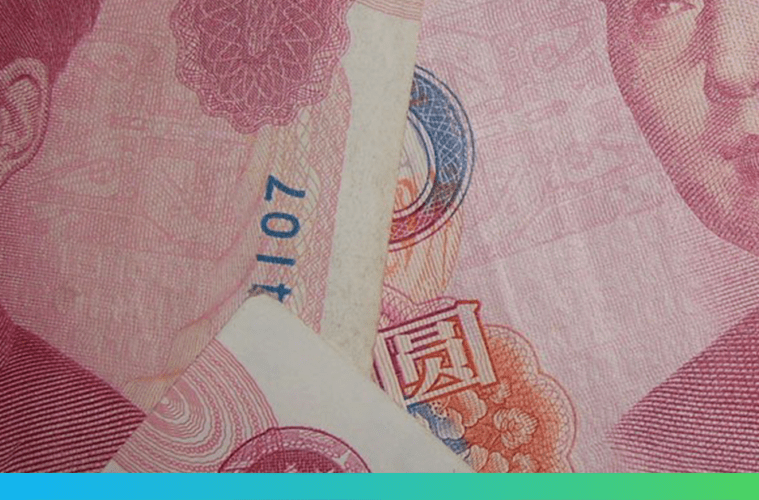Good morning,
The euro spent most of yesterday’s session treading water despite a fall in the risk premium on French bonds over their equivalent in Germany. To assume this lessens the risk of a lurch to the right in April’s presidential elections would be a mistake, it’s more likely the market moves yesterday weren’t a vote of confidence in France but a re-jigging of positions and profit-taking among short-term traders.
When it comes to international trade, proximity matters
Today’s UK trade figures should continue to shine a light on the importance of proximity for international trade: there’s roughly a 50:50 split between the UK’s trade with the EU and trade with the rest of the world and that should extend to today’s figures at 09:30.
The shape and makeup of this international trade will inevitably change over the next few years as May and her team negotiate with markets far and wide. Nonetheless, these figures show that flaunting the possibility of replacing a deteriorating trade relationship with Europe with a prospective free trade agreement with Singapore isn’t going to cut it: international trade with Singapore is less than one-fifteenth of the UK’s trade with Germany alone.
Bank of England set to lose arch-hawk
The departure of Kristin Forbes at the end of June will mark the loss of one of the Monetary Policy Committee’s hawks; those who believe keeping a lid on inflation, usually through higher interest rates, is one of the foremost priorities of a central bank. Just this week, Forbes said she was on the verge of voting for a rise in rates given the string of strong data and the pick-up in inflation, but it’s unlikely any of her peers feel the same way.
The end of her term will mark the return of an almost unanimously dovish board, who’ll continue to vote to keep rates at record lows of 0.25%, which knocked the wind out of the sails of the pound yesterday afternoon as it retreated back toward 1.25 against the US dollar.
Trump’s China stance softening as cooler heads prevail
In a somewhat surprising turn of events, President Trump has confirmed his government will respect the ‘One China’ policy and thereby treat the likes of Taiwan as a province of Greater China as opposed to a separate state and government. Trump’s decision is more important than it might sound; he held calls with the Taiwanese President just days after his election and weeks before he had any formal contact with Beijing. Many saw this as a warning sign that Trump could re-ignite decades-old internal strife by recognising the Taiwanese capital Taipei as the formal seat of Chinese government.
Asian equities welcomed the talks, with the Shanghai Composite and Hang Seng indices both gaining on the news. Whether this means the new President will stop short of installing trade barriers between the two countries or accusing China of being a currency manipulator is anybody’s guess, but the overnight news suggests Trump’s pre-election fervour could be being tempered by his pro-business, pro-free market cabinet.
Have a great weekend.


